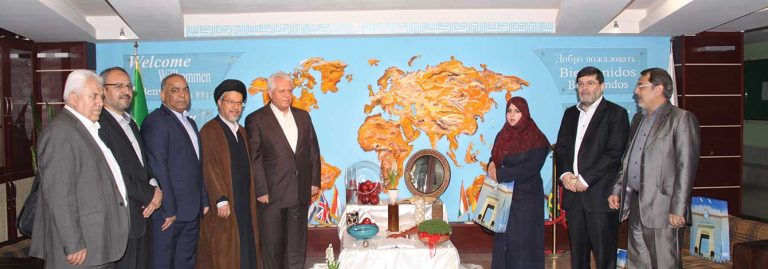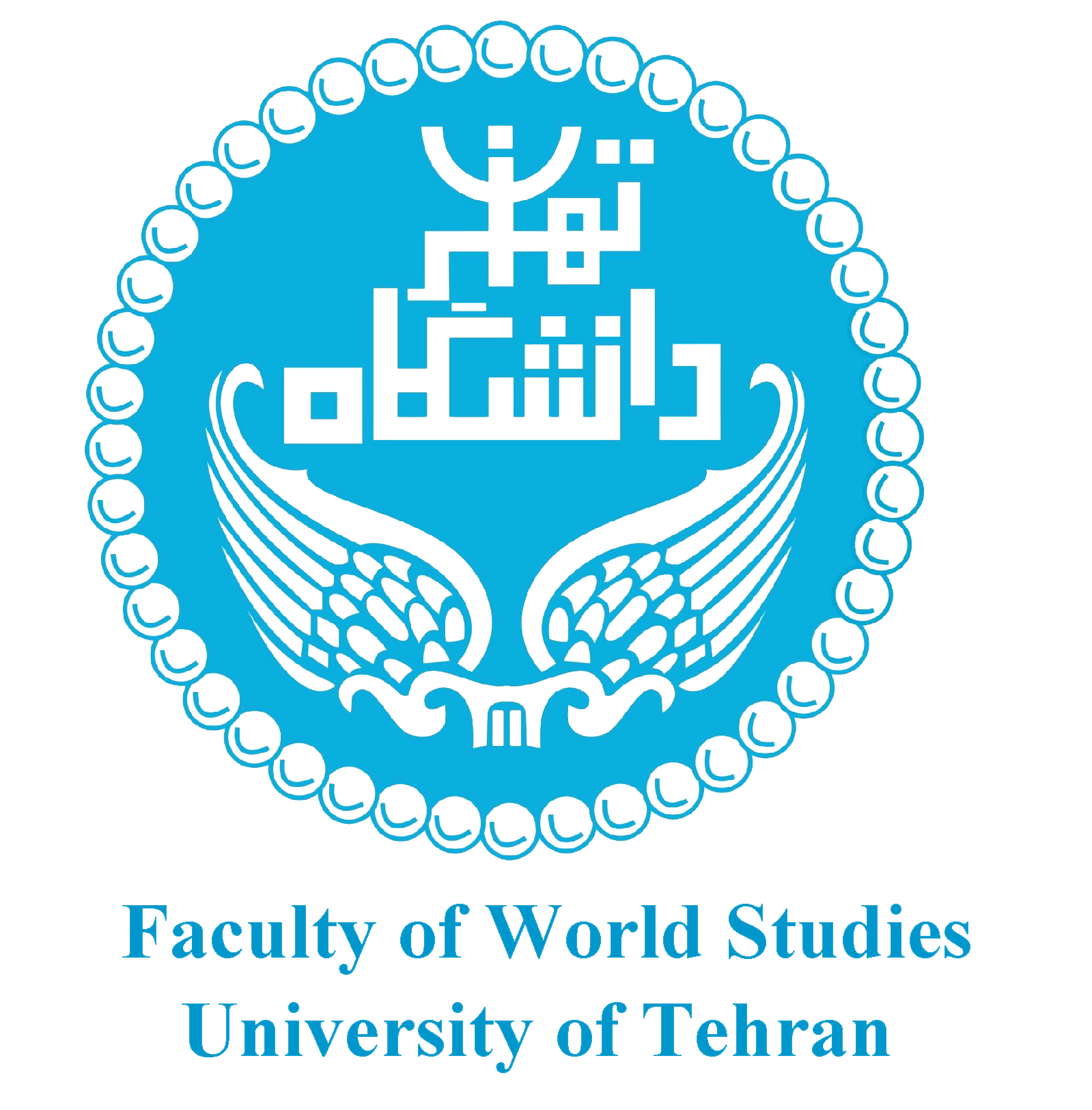رشته مطالعات مصر - دانشکده مطالعات جهان fws

Egypt Studies
Egypt is a significant and influential country geographically stretching from North Africa to the Persian Gulf, Central Asia, and the Caucasus. Throughout history, Egypt’s land has been repeatedly invaded by various tribes and neighbors and, in modern times, has experienced colonization and its consequences.
Nonetheless, Egyptians were among the first peoples to develop astronomy and geometry and have played a decisive role in the advancement of human history and civilization. It can be said that modern Egypt is the result of more than four millennia of social transformation and change. For this reason, the discovery of ancient Egyptian history remains one of the most brilliant chapters in archaeology.
Until the 19th century, scholars’ knowledge of Egypt’s history, religions, and cultures was mostly limited to ancient Greek and Latin writers, who considered Egypt a Roman colony and a Christian religious center. However, Napoleon Bonaparte’s campaign to Egypt in 1798 marked the beginning of Egyptology as a field of study and led to the expansion of knowledge about this ancient land.
Following Napoleon’s 1798 invasion, a new phase in East-West relations emerged. The first serious efforts to study Egypt scientifically began then, accompanied by discoveries of historical monuments and publications of many books and reports, which are now considered the starting point of modern Egyptology.
Additionally, the French Institute of Egyptology was founded in Cairo in 1798, making Egypt a gateway to the study of the ancient East.
Today, Egyptology programs are offered not only at prestigious Egyptian universities such as Al-Azhar and Cairo University but also in leading institutions across North America, most European countries, and even within the Zionist regime. Many of these countries have long offered master’s degrees and have now established PhD programs in Egyptology.
From the perspective of Islamic culture and civilization, Iran’s relationship with Egypt has been longstanding and profound, though marked by ups and downs during the Islamic Revolution period.
